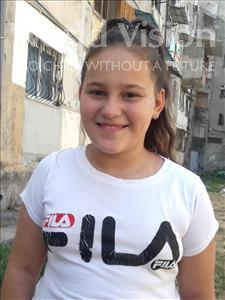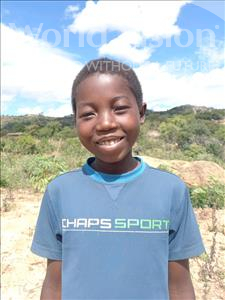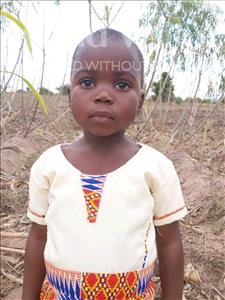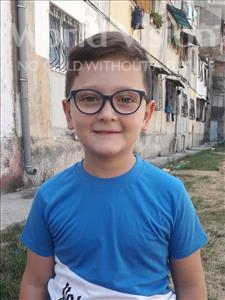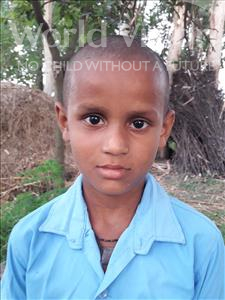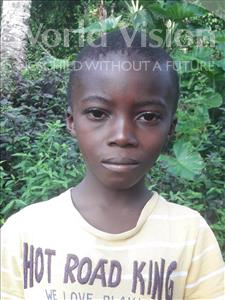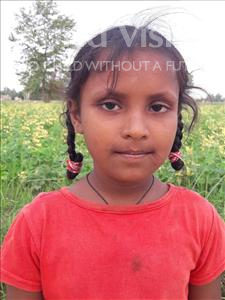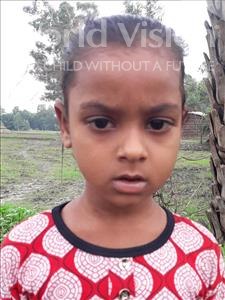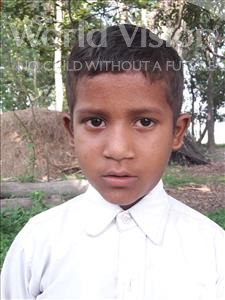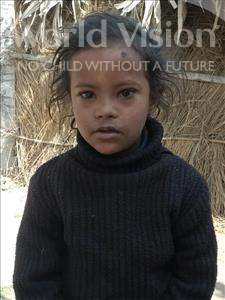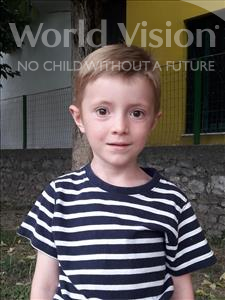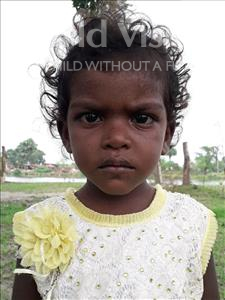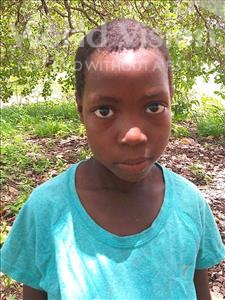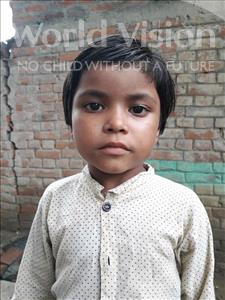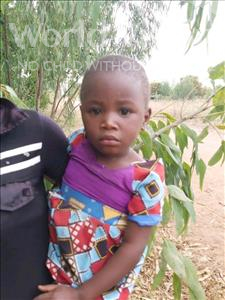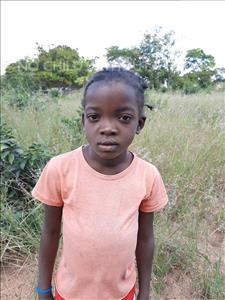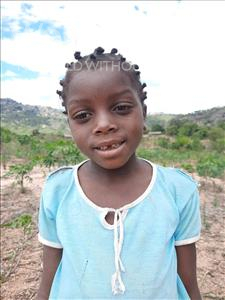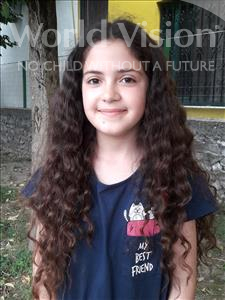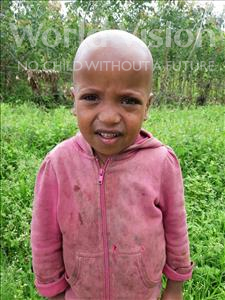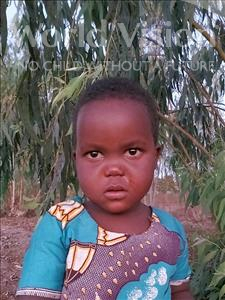"No more living in darkness" Stopping child marriage through education in Bangladesh
“In our society, the life of a girl is really painful. Every step of the way she is confronted with problems,” says Meghla, 16, from Bangladesh. Meghla grew up in one of the poorer areas of Bangladesh, where the consequences of poverty weigh heavily on girls.
Meghla was left in the care of her aunt when she was very young after her parents separated. Her father remarried and her mother emigrated to Lebanon in search of work, leaving Meghla and her siblings in the care of her Aunt.
Then, in her early teens, her father passed away. “It was at that time one of World Vision facilitators enrolled me into the Life Skills Based Education sessions," says Meghla.
“The sessions taught me lessons on early marriage, social right issues, controlling emotions and communicating our opinions. The lessons really helped me develop more confidence in myself.” Joining the sessions and child forum group gave Meghla the opportunity to make friends and gain the support she needed to excel at her studies.
However, by the time Meghla was 13, her aunt and mother had already made a decision about her future.
“My mother and aunt decided to marry me to a person who worked overseas. The marriage was to be conducted via a telephone conversation. It was heart breaking for me. But the pressure from relatives was weighing heavily on me,” says Meghla.
Bangladesh has one of the highest rates of child marriage worldwide. 52% of girls are married by their 18th birthday and 18% of girls are married by the age of 15. When parents struggle to make ends meet, they often turn to early marriage as a way to make sure their daughters are cared for.
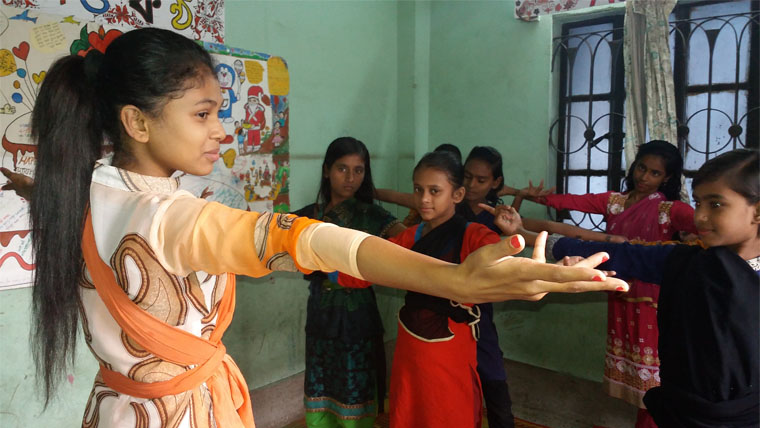
“I was fully aware of the adverse effects of child marriage and its consequences, so I refused. My mother and aunt threatened me a lot. They refused to listen to my plea and started making arrangements for my marriage ceremony.” Meghla recalls. “I felt hopeless. That’s when I finally decided to share my situation with my teacher. On the day of my wedding I left my home alone and went to school to sit for my final exam. I didn’t go back home for the wedding.”
Megla’s teacher and her friends from the child forum group intervened and visited Meghla’s family. After hearing about Meghla’s dream to study and being made aware of the adverse effects of child marriage, Meghla’s aunt decided to invest in her niece’s education rather than marrying her at such a young age.
“No more living in darkness. I got my life back. I have started studying with all my heart,” Meghla says.
Meghla now works to give back to her community as a World Vision peer educator for the Life Skills Based Education sessions. She is also the President of her local child forum. She works with children in her community and assists World Vision staff on child protections issues. Now she can complete her education, Meghla aspires to obtain a postgraduate degree and become a social worker.
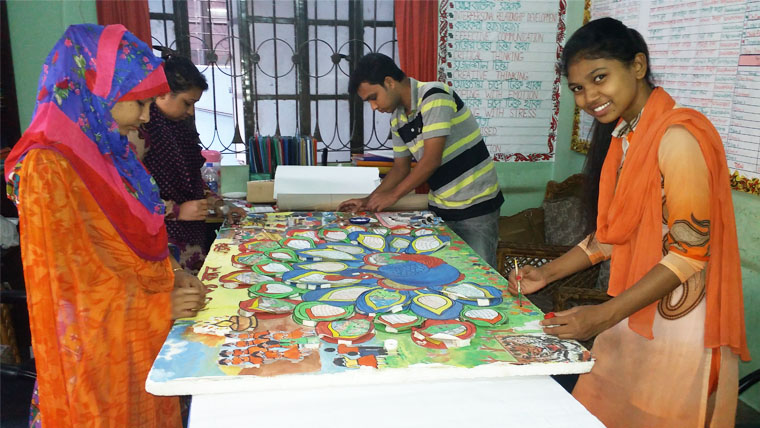
As part of the Girlsnotbrides partnership, we are committed to reducing the factors that can lead to early marriage. Our child sponsorship programme plays a vital role in partnering with governments and faith groups. Our supporters in the United Kingdom are currently sponsoring over 6,800 girls in three communities in Bangladesh. You can read more about how our work is benefitting communities in Bangladesh, and discover how you can help girls like Meghla, here.
